Strengthening the foundations of Polish science

The PASIFIC postdoctoral fellowship programme supports research across a wide range of different disciplines, from condensed matter physics to philosophy and sociology. Attracting talented researchers to Poland will help strengthen the country’s scientific base and bring wider benefits, as Professor Paweł Rowiński and Bogna Hryniszyn explain.
A thriving research culture brings significant benefits to wider society, stimulating the technical innovation that will support economic growth, while humanities research deepens our cultural understanding and helps inform public debate on major issues. The PASIFIC programme, an initiative set up to attract post-doctoral students to Poland, is part of efforts to strengthen and enhance the country’s scientific research base. “The PASIFIC programme was set up to help and support Polish Science,” explains Professor Paweł Rowiński, coordinator of the programme. In the most recent call 48 fellows from 19 countries were recruited, and they are carrying out their research over a two-year term at one of the 68 research institutes within the Polish Academy of Sciences (PAS). “We want to attract topquality researchers from all over the world to our institutes here in Poland,” continues Professor Rowiński.
PASIFIC programme
The PASIFIC programme itself is very broad, encompassing research across a broad range of disciplines, from condensed matter physics to philosophy and sociology. The three main areas in which fellows are conducting research are physical sciences and engineering, life sciences, and social sciences and humanities,
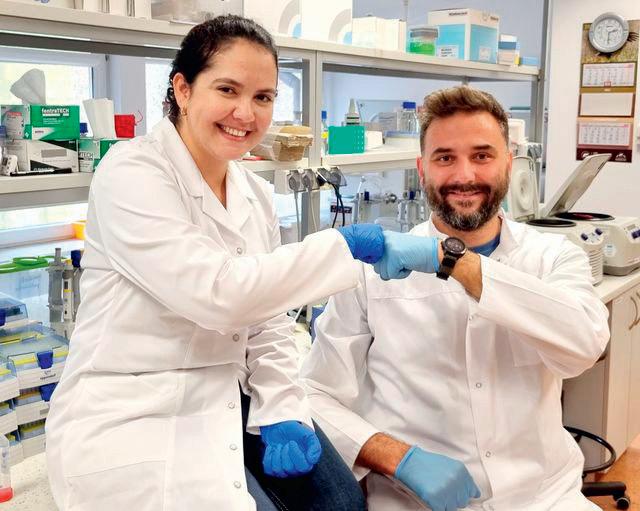
categories which cover a wide variety of fields. “This division helps us to organise and structure the programme,” says Professor Rowiński. The major criteria in recruiting fellows is the quality of the applicant and the specific research proposal, with Professor Rowiński and his colleagues looking for ideas that are both novel and realistic. “Novelty is a major part of the assessment, but a proposal must also be do-able,” he acknowledges. “We need to be confident that researchers can work effectively with the resources available. Some fellows in the programme have only recently completed their doctorates, while others are more experienced.”
A majority of the projects being conducted within PASIFIC are fundamental in nature, with researchers in the programme exploring a variety of topics, including single cell gene expression, nanostructured functional materials and the influence of the print media for example. While the fellows are encouraged to pursue their research independently,
The PASIFIC Experience
Dr Nilesh Manwar is a fellow in the PASIFIC programme, currently working as an Assistant Professor at the Institute of Physical Chemistry of the Polish Academy of Sciences. We spoke to Dr Manwar about his career, his research, and the skills and experience he has gained through participating in the PASIFIC programme.
EU Researcher (EUR): How long have you been part of PASIFIC?
Dr Nilesh Manwar (NM): Well, I have been working at the Institute of Physical Chemistry, Polish Academy of Sciences since October 2022. Prior to joining, after completing my PhD at CSIR-National Environmental Engineering Research Institute (NEERI) Nagpur, India, I accumulated four years of national postdoctoral research experience at esteemed institutions in India, including CSIR-IIP in Dehradun, IACS in Kolkata, and ICT in Mumbai.
EUR: Could you tell us a bit more about your research?
NM: Absolutely, my research journey began with the development of nanomaterials for energy and environmental applications. completed my PhD studies on the creation of composite semi-conducting materials for hydrogen generation at NEERI Nagpur. Subsequently, during my CSIR postdoctoral fellowship at IIP, Dehradun, explored the potential of these hybrid nanomaterials for photoelectrochemical CO2 reduction. My research also involved the development
and application of 2D materials for electrocatalysis at IACS, Kolkata, and the progress of single-atom catalysts over
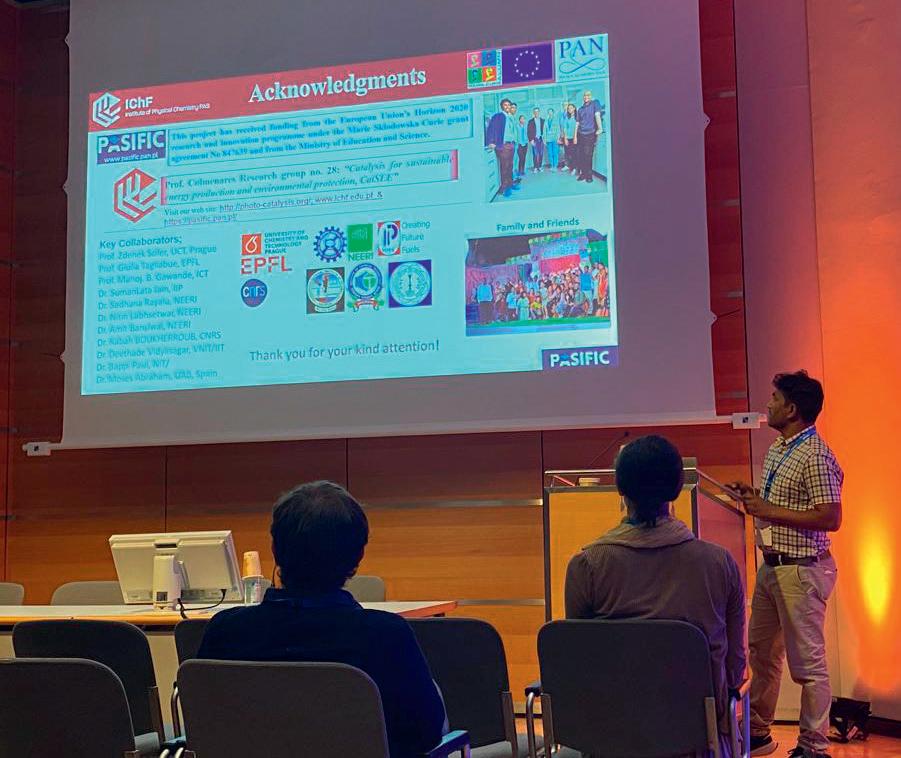
Professor Rowiński says they also have access to administrative and technical support from their supervisors. “The supervisors help the fellows to navigate our institutes, and they are partners in research,” he outlines. A number of courses are also provided to help the fellows develop their skills, including in areas like writing proposals and applying for funding, which PASIFIC project manager Bogna Hryniszyn says has attracted a lot of interest. “We organised training on organising and managing projects for example. This will help our fellows build their careers and become group leaders in future,” she outlines. This type of position requires not just scientific skills and technical knowledge, but also administrative nous and the ability to communicate with the wider public. This may not come naturally to all researchers,
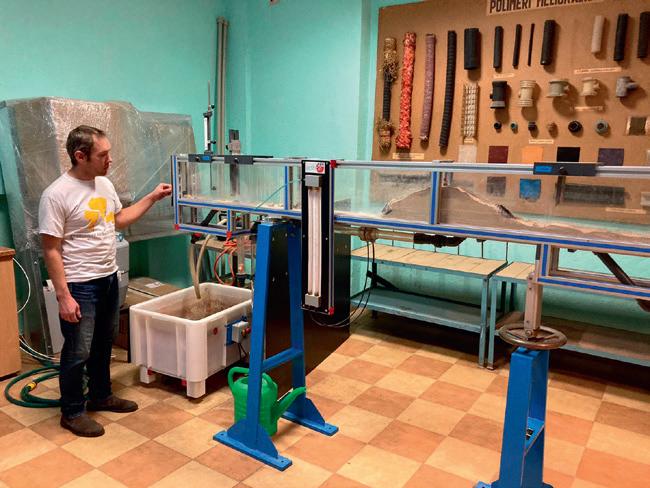
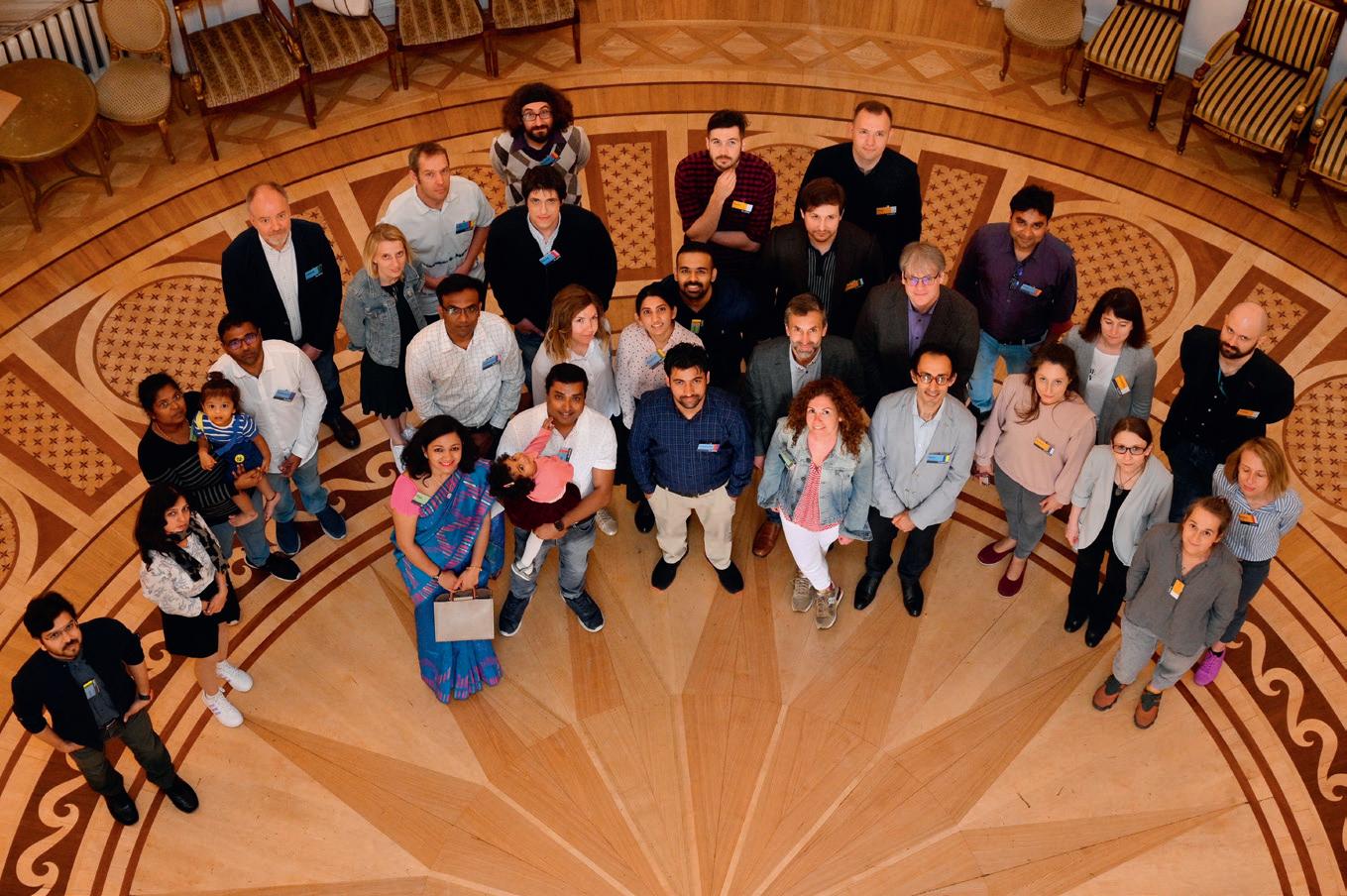
so Hryniszyn says it’s important to provide training in these areas. “Researchers today need to have many different skills, beyond those related to their own field. They also have to know how to promote their research,” she stresses. This training helps prepare fellows for the next stage in their careers, whether that’s in academia or the commercial sector, and events have been organised to support those fellows who do want to move into industry. “We organise networking events with organisations from outside the academic sector, where
fellows can present their research to industry,” continues Hryniszyn. “For example the Innovatorium Łukasiewicza is a forum where researchers can interact with industry.”
Cultural integration
The fellows themselves hail from different countries across the world, including India, the US and Australia, and a lot of thought has gone into helping them integrate into local communities and get the most out of their time in Poland. Meetings have been
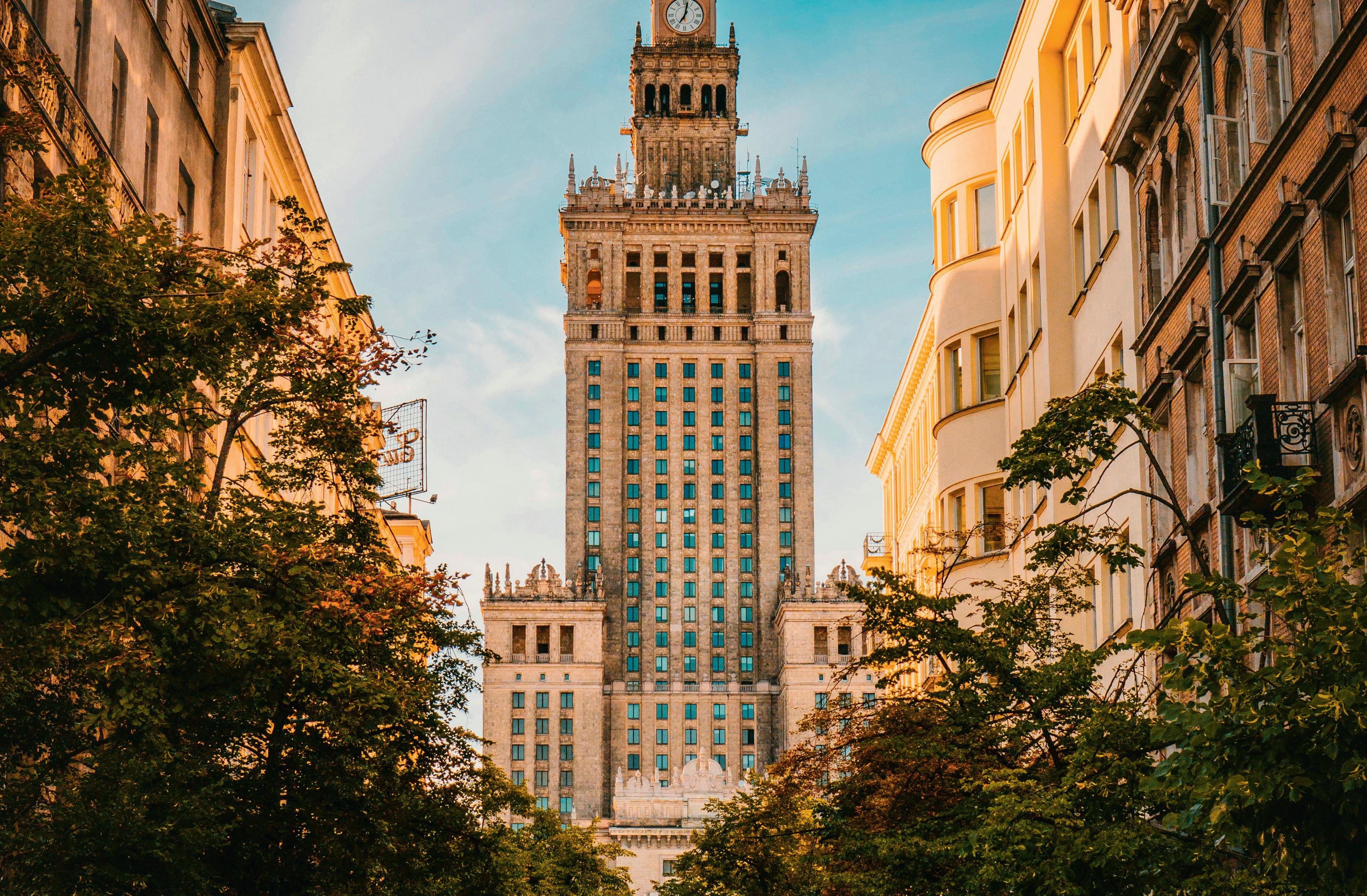
2D supports at the Institute of Chemical Technology, Mumbai. Currently, under the PASIFIC project, I am extending my previous work, focusing more on plasmon-induced 2D supported biomass valorization applications. This entails exploring thermo-photocatalytic processes for CO2 utilization and the valorization of organic waste into useful products.
EUR: Have you identified any areas of industry where these products could prove useful?
NM: Certainly! We are developing chemicals and molecules that could prove valuable for renewable energy applications. For instance, we are exploring the conversion of CO2 into methanol, formic acid, and certain selective oxidation-reduction products from lignocellulosic biomass. These products hold significant potential for the polymeric industries and energy fuels.
www.euresearcher.com
EUR: Have you been able to travel to events and establish relationships with other research groups outside your own institute during your PASIFIC fellowship?
NM: Yes, the PASIFIC project has provided funding for dissemination and networking activities with researchers at other institutions. have had the opportunity to attend several events in Europe, including the Solar2Chem winter school program in Valencia and the Solar2Chem conference in Tarragona, Spain. Additionally, presented an oral talk at the CLEO®/Europe-EQEC 2023 Conference in Munich, Germany, and was invited as a distinguished researcher to deliver a talk on my PASIFIC research project at the E-MRS 2023 international conference. have also participated in other networking events, including EuropaCat2023, where I presented my research on the development of plasmonic materials for biomass conversion. My colleagues and at the Institute of Physical Chemistry are actively collaborating with other academics, sharing
ideas to develop more efficient 2D materials for various applications.
EUR: How do you expect your PASIFIC fellowship will help you in your future career? Do you plan to stay in the academic sector?
NM: As a PASIFIC laureate, I have garnered significant attention from the scientific research community, and the participation in PASIFIC orientation workshops organized by the Polish Academy of Sciences has been invaluable. aspire to remain in academia, and the fellowship’s opportunity to become more independent in my research will certainly contribute to this goal. The supportive environment and academic freedom provided by the Institute have facilitated my adaptation to the new environment. I am grateful to my host supervisor, Prof. Juan Carlos Colmenares, for the support in managing the funding budget and enabling me to conduct research, travel, and disseminate results.
63
EU Research 62
PASIFIC Fellow, Ph.D. Taina Rocha de Almeida with her Supervisor PhD Daniel Żarski at the Institute of Animal Reproduction and Food Research, PAS.
PASIFIC Fellow, PhD Juris Burlakovs in the laboratory at the Mineral and Energy Economy Research Institute, PAS.
First networking meeting of PASIFIC Fellows, Families & Team at the Jablonna Palace, PAS.
PASIFIC Fellow, Ph.D. Nilesh Manwar presenting his research at the European Physical Society CLEO®/ Europe-EQEC 2023 conference held in Munich.
PASIFIC
PASIFIC Postdoctoral Fellowships of Polish Academy of Sciences
Project Objectives
The PASIFIC is a postdoctoral fellowship programme offering a unique opportunity for researchers who want to undertake state-of-the-art research in a dynamic scientific environment. It enables scholars of all nationalities and across all scientific disciplines to establish their scientific independence and conduct groundbreaking research.
Project Funding
The project has received funding from the European Union’s Horizon 2020 Research and Innnovation Programme under the Marie Skłodowska- Curie Grant Agreement No 847639 and from the Polish Ministry of Science and Higher Education.

Project Team
https://pasific.pan.pl/our-team/
Contact Details
Project Manager, Bogna Hryniszyn
Director
Excellence in Science Department Polish Academy of Sciences
Nowy Świat 72, 00-330, Warsaw, Poland
T: +48 22 182 60 81
E: bogna.hryniszyn@pan.pl
W: https://pasific.pan.pl/about-pasific/ W: pan.pl

: https://youtu.be/_9fzqv-Iug0
Professor Paweł Rowiński
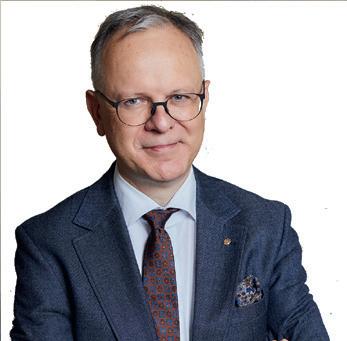
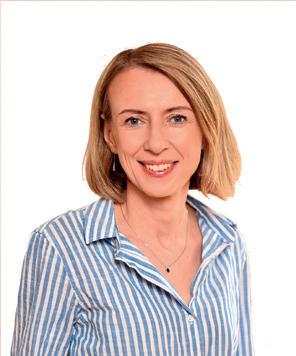
Paweł Rowiński is a professor in Earth sciences at the Institute of Geophysics, Polish Academy of Sciences. His research interests include mathematical methods in geophysics, environmental hydrodynamics and experimental studies of hydrological processes.
Bogna Hryniszyn, Manager of the PASIFIC Program, is the Director of the Excellence in Science Department of the Polish Academy of Sciences, the unit responsible for promoting the European Research Council in Poland and supporting researchers applying for these grants.

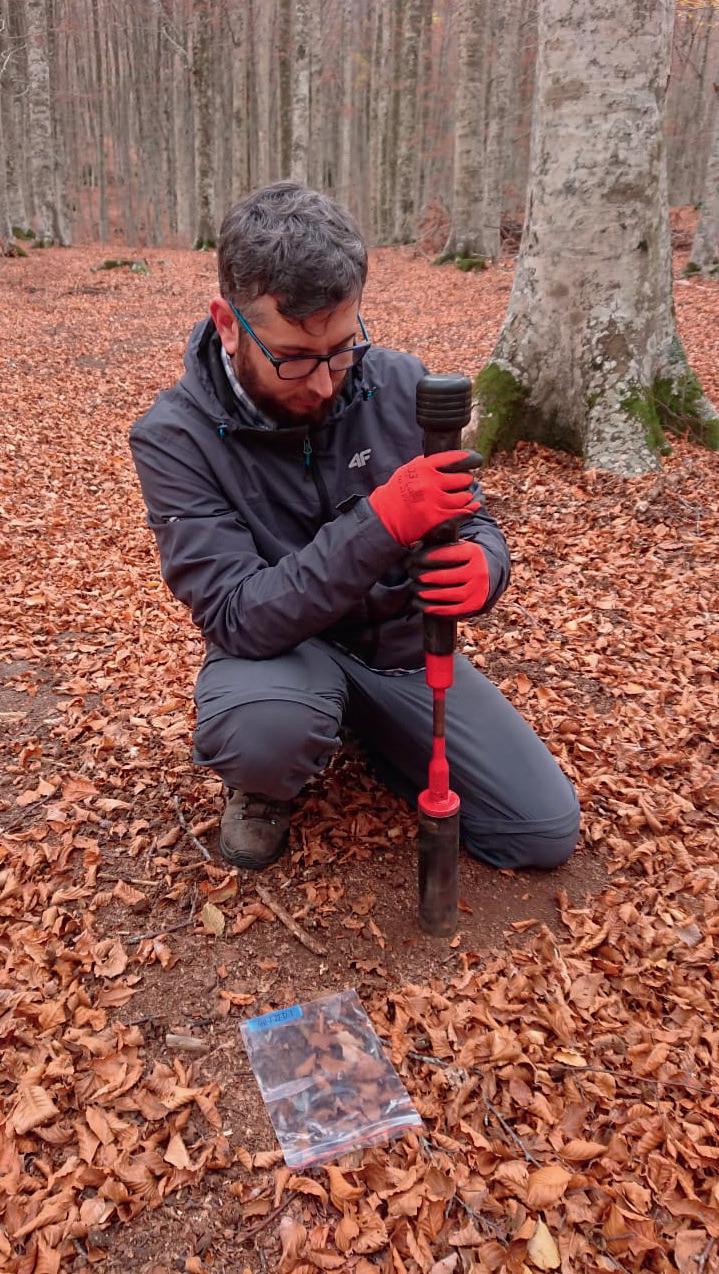
to play in this respect by maintaining links with Polish institutes, even after they have left the PASIFIC programme. “Some of the fellows will be offered permanent positions at Polish research institutes and will choose to stay, which is a very positive outcome. Some of them may choose to take up positions at other institutes, but hopefully they will carry on collaborating with Polish institutes,” continues Professor Rowinski.
By investing in fellows and supporting their research, the PASIFIC programme will help strengthen the Polish scientific landscape and encourage its ongoing development. This is very much a long-term goal, and while PASIFIC is due to conclude in early 2025, Hryniszyn is keen to explore the possibility of a successor programme, building on what’s been achieved so far. “We are thinking about preparing a new proposal, which could be viewed as a continuation of PASIFIC, but we will need to make some changes and demonstrate that it will add more value,” she says. This is partly about demonstrating the impact of the programme on Polish institutes, and Professor Rowinski says there is a strong
“The PASIFIC programme was set up to help and support Polish Science. We want to attract top-quality researchers from all over the world to our institutes.”
organised to bring the fellows and their families together, while they have also been introduced to local customs and had the opportunity to visit cultural attractions, which has helped strengthen bonds. “The fellows are a very well-integrated group,” says Hryniszyn. This commitment to integration extends to the fellows’ professional lives, where they have the opportunity to meet and collaborate with their Polish peers. “We have also organised a networking meeting just for the scientists, to give them the opportunity to meet with Polish scientists at a similar level,” outlines Hryniszyn. “They are able to discuss their projects and their research, to be more integrated with the Polish academic environment.”

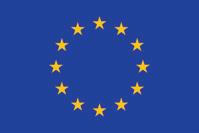

This is part of the wider goal of changing Polish research institutes and opening them up to further international collaboration, which is central to scientific excellence. Training has been organised for administrative staff at the institutes, aiming to support more extensive international collaborations. “We want to both support the fellows and help them develop their careers, and also to establish wider relationships with other institutes internationally,” says Professor Rowinski. The fellows have an important part
desire to build links with international partners. “We want to extend the reach of the institutes in the Polish Academy of Sciences, in terms of both collaboration and internationalisation,” he continues.

EU Research
64
PASIFIC Fellows Ph.D. Imran Sarihasan and Ph.D. Maciej Bartosiewicz speaking at the Academy Smart Talks event at the Museum of the Earth, PAS in Warsaw.
PASIFIC Fellows Ph.D. Imran Sarihasan and Ph.D. Maciej Bartosiewicz speaking at the Academy Smart Talks event at the Museum of the Earth, PAS in Warsaw.
PASIFIC Fellow, PhD Francesco Latterini of Institute of Dendrology, PAS during field research.















